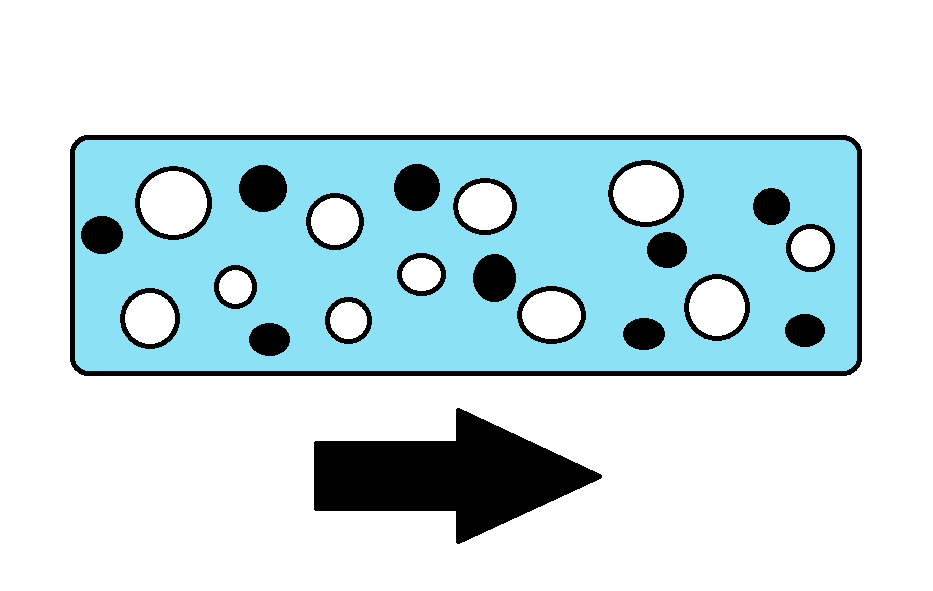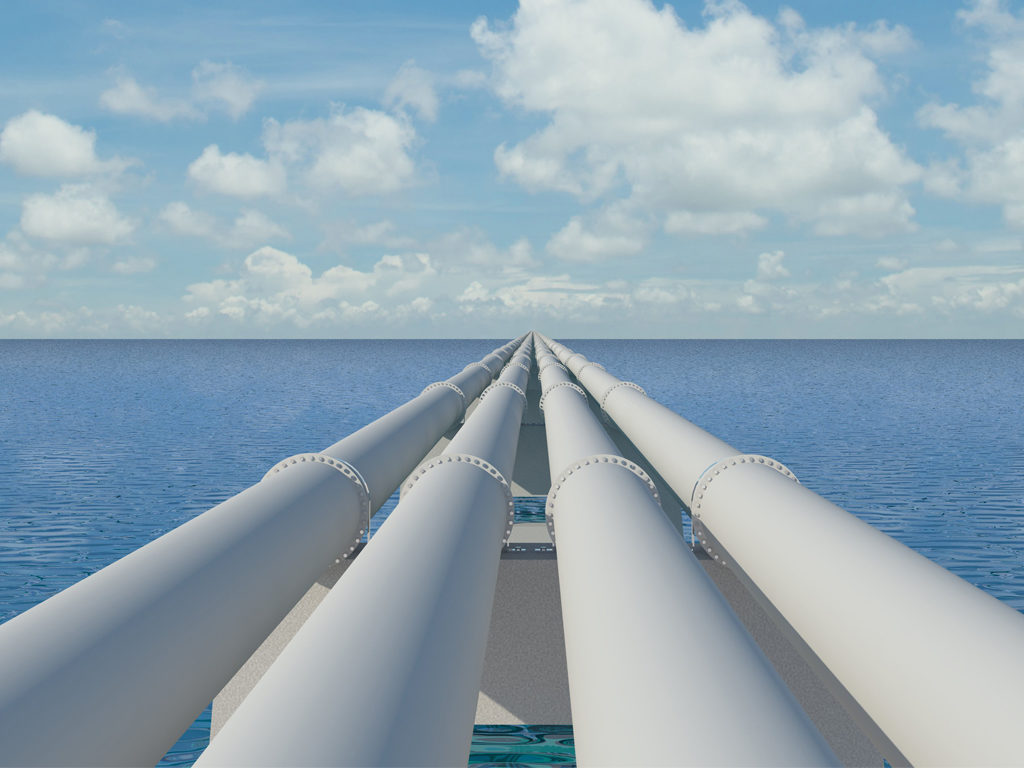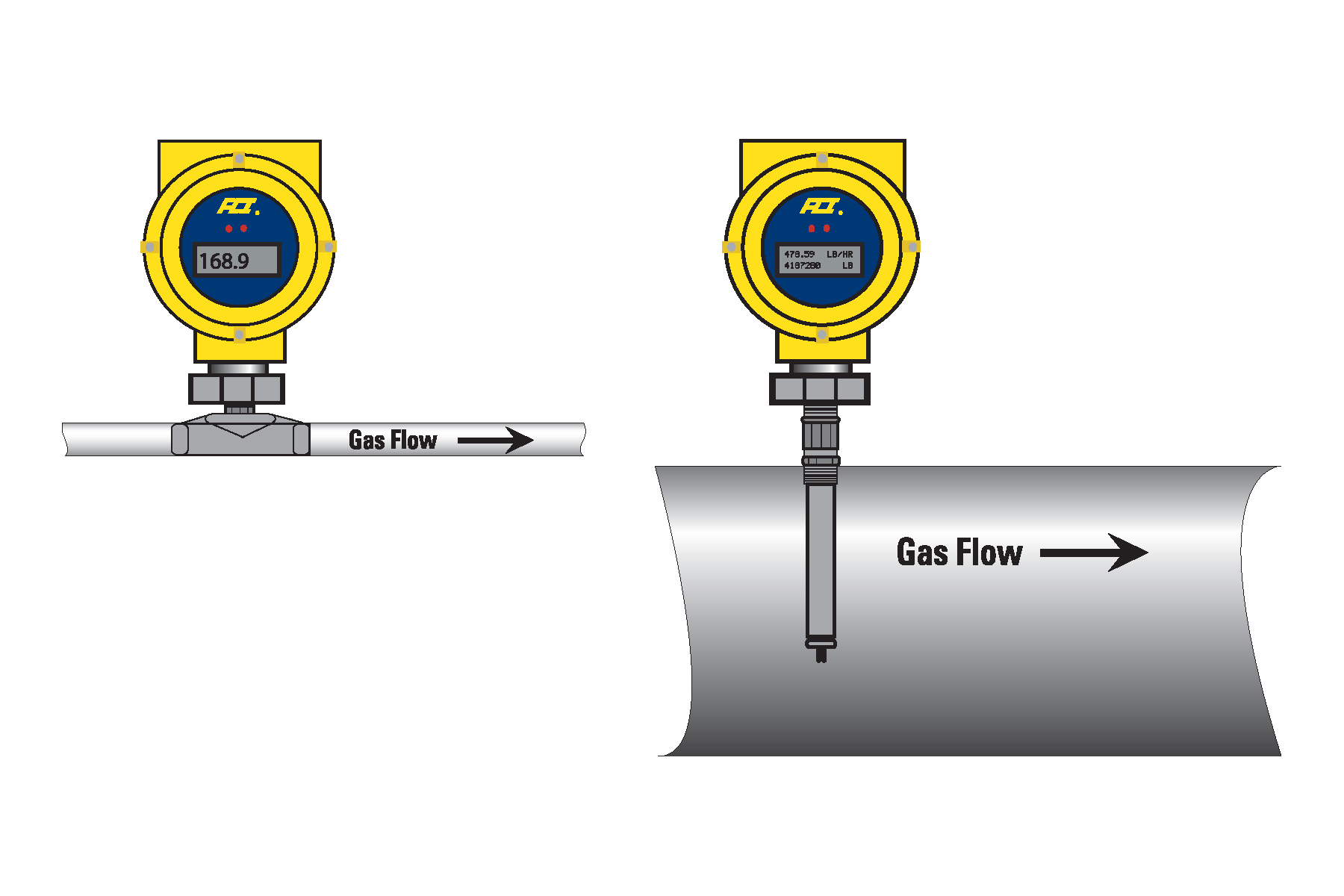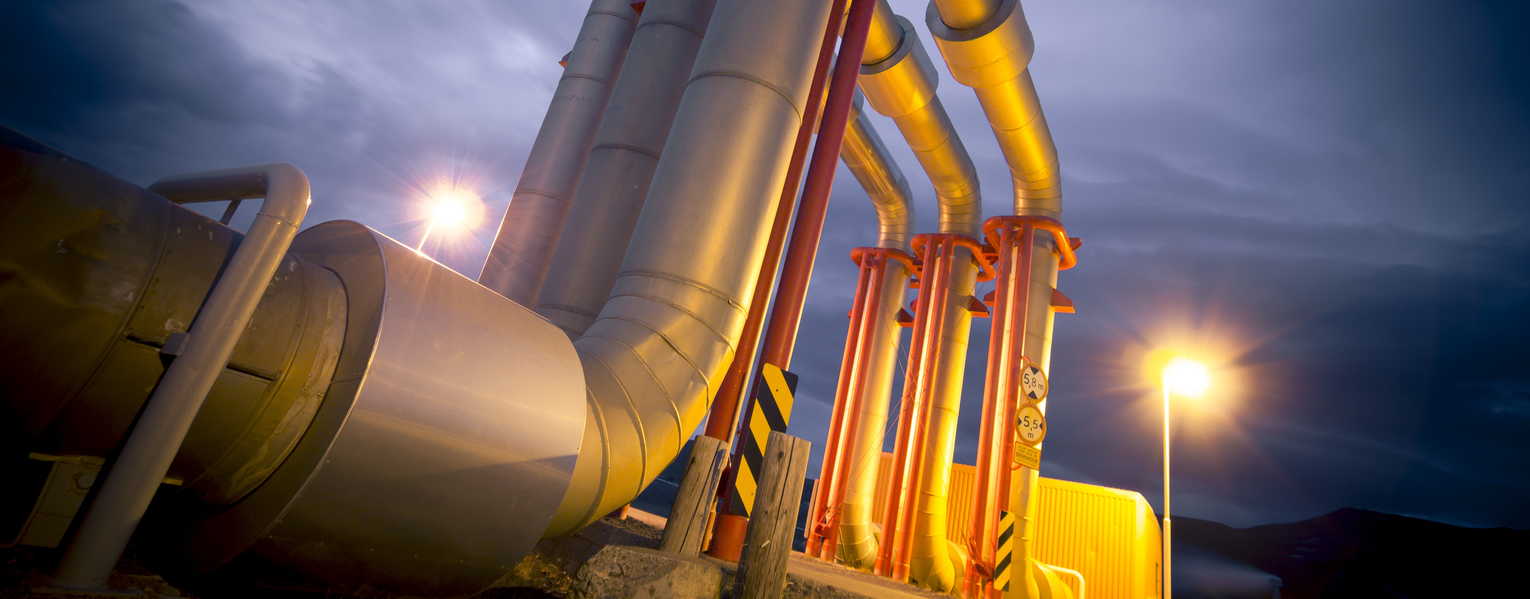

Our General Industries, Oil & Gas Fiscal Metering Courses are designed to satisfy the information required of any one concerned with the operation, maintenance and readings from metering systems. This includes:-
DAY 1
DAY 2
DAY 3
DAY 4
DAY 5
CDGA attendance certificate will be issued to all attendees completing minimum of 75% of the total course duration.
| Code | Date | Venue | Fees | Register |
|---|---|---|---|---|
| PE135-02 | 26-04-2026 | Dubai | USD 5450 | |
| PE135-03 | 26-07-2026 | Riyadh | USD 5450 | |
| PE135-04 | 25-10-2026 | Manama | USD 5450 |

This course will teach participants about the single phase fluid and how to do the basic calculations of pressure drops. They will also learn how to do pressure drop calculations for multiphase flow, ...

This 5 day course covers various aspects of flow assurance (i.e. gas hydrate, wax, asphaltene, scale, corrosion, emulsion) with particular emphasis on gas hydrates. In each case the nature of the pro ...

This intensive five-day course covers the fundamentals of Gas Flow Measurement including how to sample, analyze, and determine measurements rigorously. The slightest error in gas flow measurements, du ...

Flow assurance is a relatively new term in oil and gas industry. It refers to ensuring successful and economical flow of hydrocarbon stream from reservoir to the point of sale. Flow assurance is most ...
Providing services with a high quality that are satisfying the requirements
Appling the specifications and legalizations to ensure the quality of service.
Best utilization of resources for continually improving the business activities.
CDGA keen to selects highly technical instructors based on professional field experience
Since CDGA was established, it considered a training partner for world class oil & gas institution
3012, Block 3, 30 Euro Business Park, Little Island, Co. Cork, T45 V220, Ireland
Mon to Fri 09:00 AM to 06:00 PM
Contact Us anytime!
Request Info